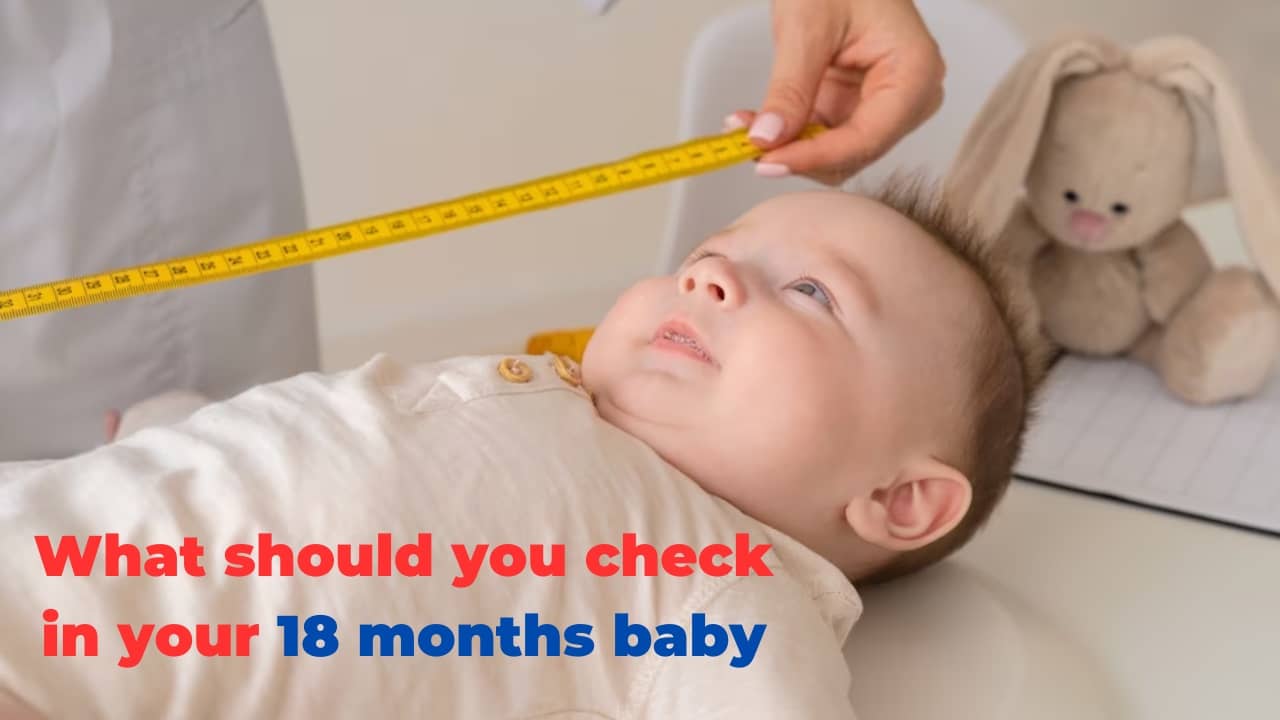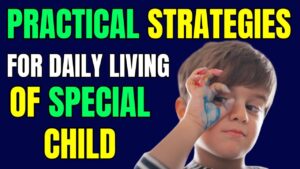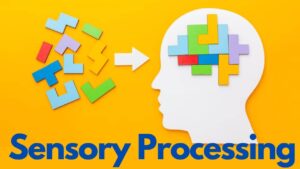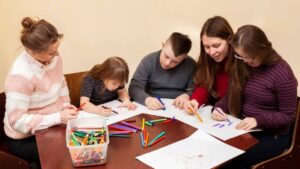By the age of 18 months, children typically achieve several important developmental milestones across various domains, including physical, cognitive, language, and social-emotional areas. Here are some common milestones you might expect to see in an 18-month-old child:
Physical Milestones
- Gross motor skills: Most children can walk independently, climb stairs with assistance, and may even start running or kicking a ball.
- Fine motor skills: They can stack blocks, turn pages in a book, and might be able to scribble with a crayon.

Cognitive Milestones
- Object permanence: Children understand that objects exist even when they are out of sight, which leads to more purposeful play and exploration.
- Cause and effect: They begin to understand that their actions have consequences, such as pushing a button to activate a toy or dropping something to see it fall.
- Problem-solving: Children may start solving simple problems, like figuring out how to open a container or fit shapes into matching holes.
- Pretend play: They engage in imaginative play, using objects to represent other things or engaging in symbolic play (e.g., pretending to talk on a toy phone).
Also Read:- The Importance of Health Checkups in Play Schools: Why It Matters For Indian Parents
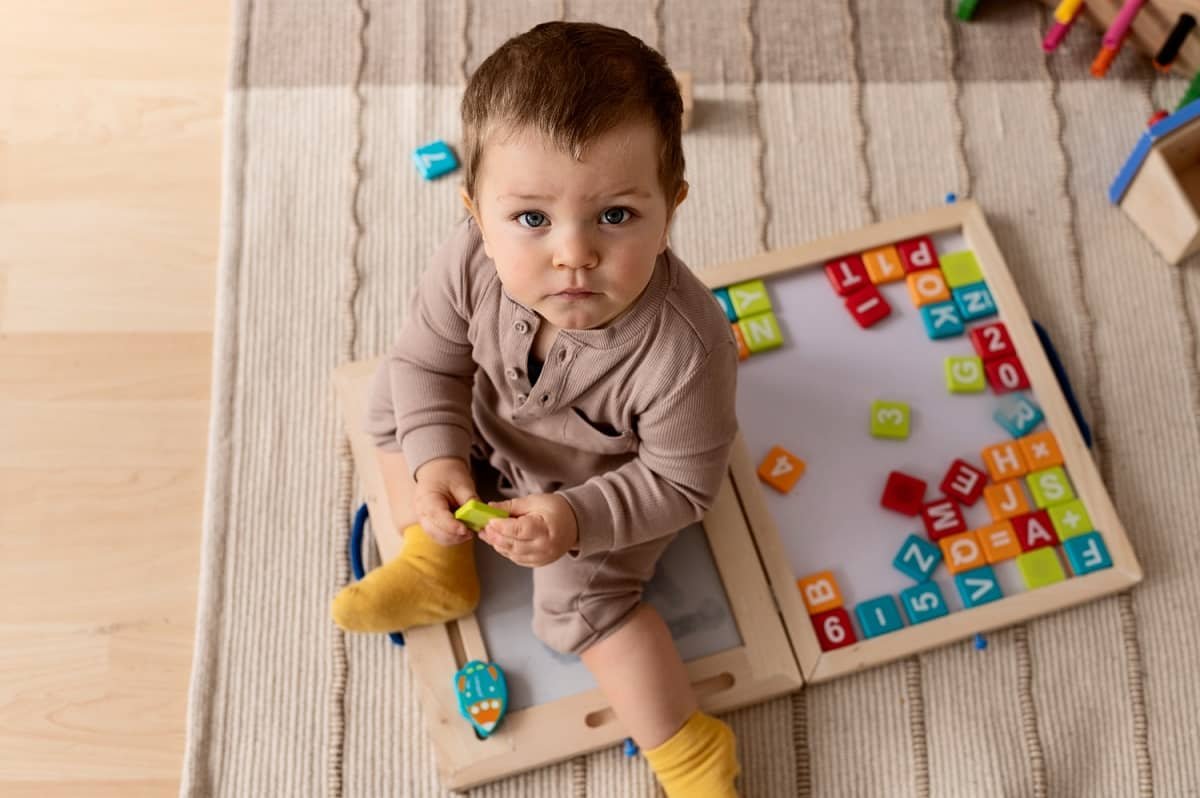
Language Milestones
- Vocabulary growth: Children usually have a vocabulary of 10 to 20 words and may start combining two words to form short phrases.
- Understanding: They can follow simple instructions and comprehend more words and gestures.
- Gestures: Children often use gestures, such as pointing, to communicate their needs and wants.
Also Read:- 10 Tips for Communicating With Your Nonverbal Child
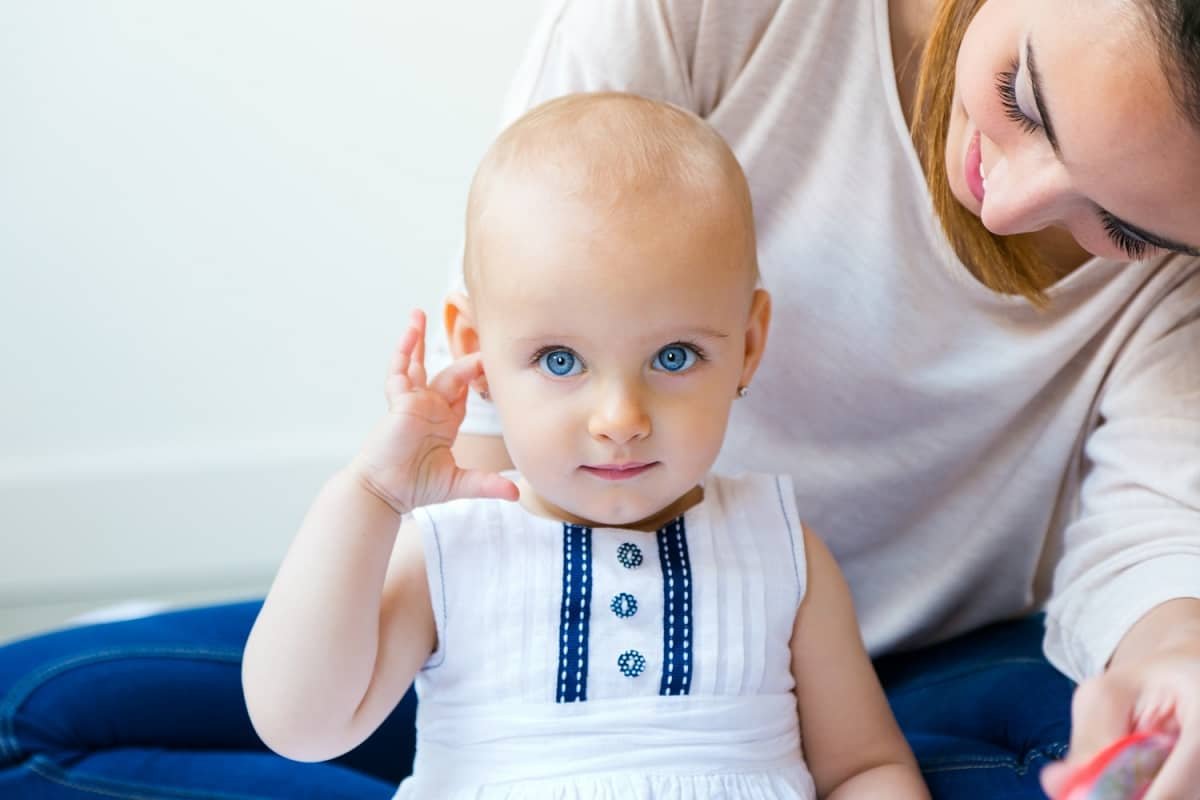
Social-Emotional Milestones
- Independence: Children seek independence and might express their preferences, likes, and dislikes more assertively.
- Social interaction: They show an increased interest in playing and interacting with other children, though cooperative play is still developing.
- Empathy: They may start showing signs of empathy and understanding others’ emotions, such as offering comfort when someone is upset.
Also Read:- What Is High Functioning Autism? A Parent’s Guide

It’s important to remember that each child develops at their own pace, so there can be some variation in achieving these milestones. If you have concerns about your child’s development, it’s always best to consult with a pediatrician or early childhood specialist for a comprehensive assessment.

